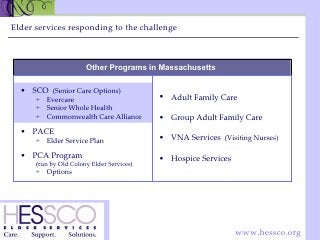
If you are an informal caregiver, it is vital that you have the right support system to provide care and support to your loved one. Support may be provided by family, friends or neighbours as well as community care services. An informal caregiver may also benefit from having some time to participate in social activities. As a caregiver, you may need to consider the following issues:
Issues
Informal caregivers often face various issues related to ICT solutions. These issues may include navigation through menus, help options, and search options. Sometimes they may experience problems with logging in and using certain applications. Caretakers also complain about the usability of ICT-based solutions. These issues could reduce the effectiveness ICT-based support options for informal caregivers.
Informal caregivers report feeling powerless to make a difference. They often feel that they are dependent on the patient and family, and they fear being disregarded as a caregiver. They may also feel powerless when changes are needed for the patient.

Characteristics
Characteristics of informal caregivers are the traits of those who provide care to other people. They are often not paid but are vital for many different purposes. These individuals help to support older and sick people who are incapable of caring for themselves. These individuals are often the care receiver's partners. The characteristics of the care receivers could also have an impact on the characteristics the informal caregivers.
The nature and intensity of informal caregivers' caregiving varied greatly. Informal caregivers offered different hours and times of care, depending on the patient and time. While the caregiving effort was greater at one month than at three, six and twelve months, it was only slightly lower. Also, informal caregiving included more than just caring for the patient. It also included additional social support. Around 20% of informal caregiving activities included household chores.
There are many things you need
Informal caregivers may have special needs. For example, their needs vary greatly from caregiver to caregiver and may involve cultural differences. It is important that caregivers have timely and appropriate information. Informal caregivers can also benefit from a culturally sensitive approach for information and communication.
Informal caregivers require information. There are many sources of this information. Many informal caregivers turn towards the internet to meet some of their information requirements. Some informal caregivers are concerned about the reliability and validity of internet-based information. We list reliable information sources for informal caregivers to avoid this concern.

Resources
Informal caregivers may have practical, emotional, and spiritual information needs. Some organizations offer information services to help informal caregivers. These caregivers may be looking for support and a listening ear in order to talk about their problems or to find answers to questions about how to cope with uncertainty. No matter what their needs may be, informal caregivers could be a valuable resource. This list contains only a handful of examples. Caregivers may contact organizations offering free telephone information services.
You can find resources for informal caregivers online, in printed pamphlets, on films, videos, etc. Formatting information is crucial, since informal caregivers may have different learning styles and prefer one format over another.